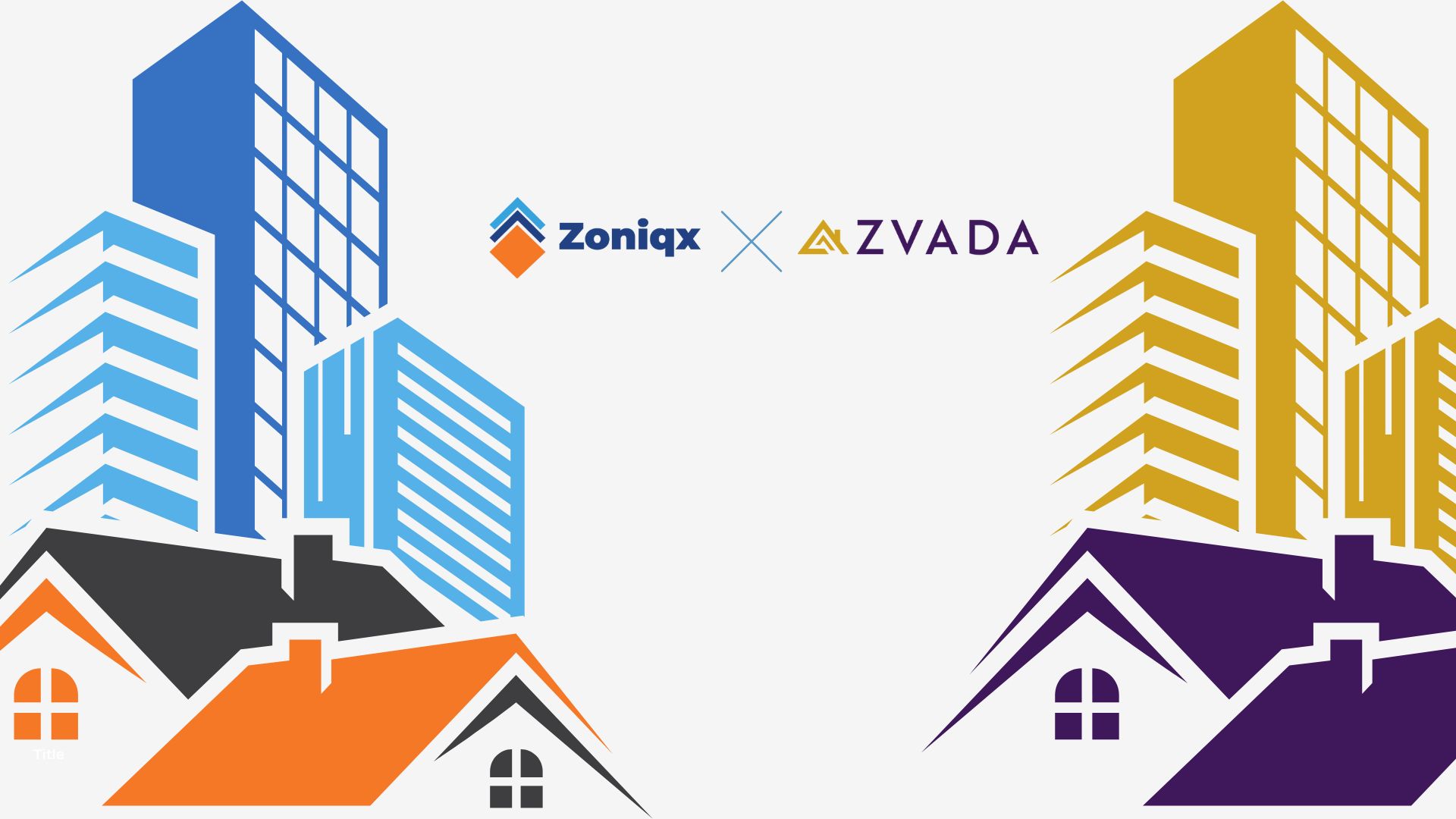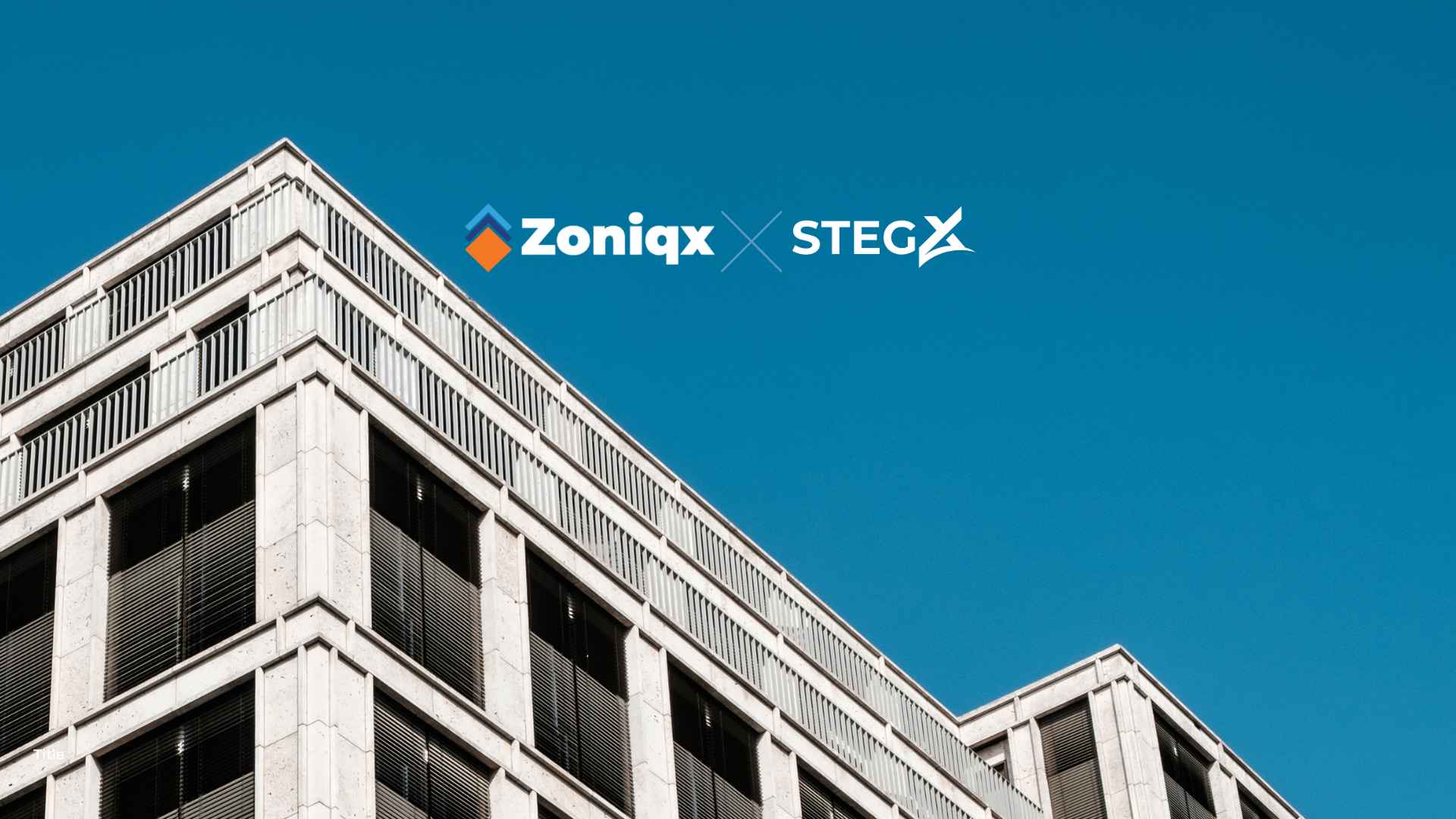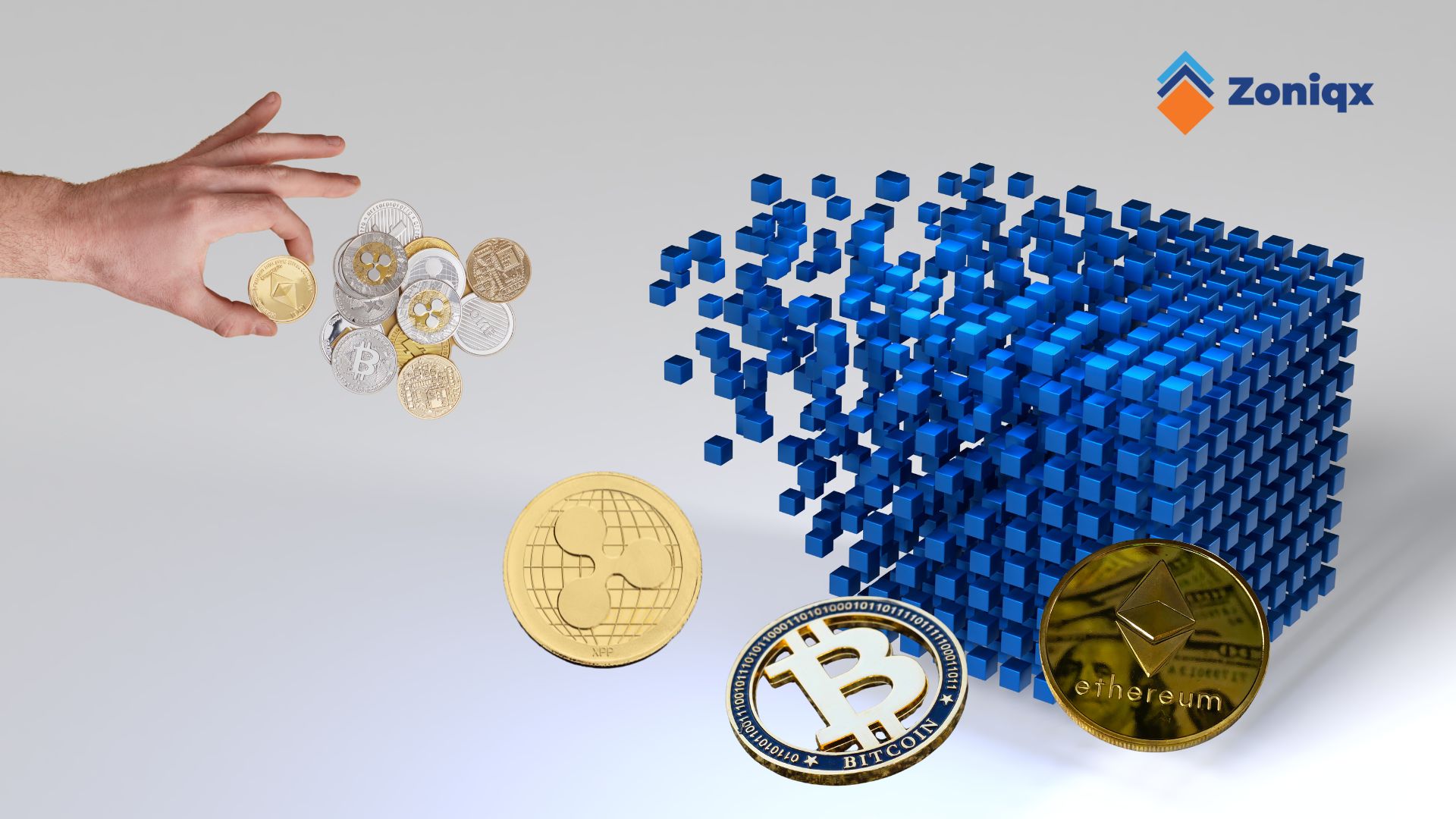Why is Hedera Good for Real World Asset Tokenization?
The tokenization of real-world assets (RWAs) is transforming how value is created, transferred, and owned. At Zoniqx, we believe that tokenization should be chain-agnostic, meaning assets can exist and operate on whichever ledger best fits the use case. That’s why our tokenization platform integrates with multiple leading networks, including Hedera, XRPL, and Midnight, among others.
This article focuses on Hedera: what makes it attractive for tokenized assets, how it supports compliance, the advantages it brings in speed and cost, and how Zoniqx leverages those features to deliver institutional-grade tokenization.
What is Hedera tokenization and how does it work?
“Hedera tokenization” refers to the use of Hedera Token Service (HTS), which allows issuers to create fungible and non-fungible tokens natively on the Hedera public ledger. Unlike some blockchains that require building custom smart contracts for every asset, HTS provides built-in tokenization features with configurable parameters like supply control, transfer restrictions, and compliance flags.
For businesses, this simplifies token creation while reducing cost and technical risk. For developers, it removes the need to manage large, complex smart contract estates.
Why does Zoniqx support tokenized assets on Hedera?
Zoniqx’s mission is to unlock liquidity in real-world assets, regardless of the chain or ledger. Zoniqx’s tokenization platform is designed to be interoperable, enabling the deployment of compliant tokenized assets across ecosystems. Hedera is one of the networks Zoniqx works with because it combines several features that resonate with institutional requirements:
- Predictable low fees and high throughput, important for large-scale token issuance.
- Native compliance controls like KYC keys and transfer restrictions.
- Robust governance model, supported by Hedera’s council of global enterprises.
- Integration-friendly services such as the Consensus Service, which anchors audit trails and workflows.
These elements make Hedera a useful option for specific RWA tokenization projects.
How does Hedera help with compliance in tokenization?
Compliance is often the make-or-break factor for institutional tokenization. Hedera’s HTS was designed with compliance needs in mind. Features like KYC keys, freeze/unfreeze controls, and role-based permissions allow issuers to enforce regulated workflows directly at the ledger level.
With Zoniqx’s tokenization platform layered on top, this means:
- On-chain enforcement of investor eligibility and transfer restrictions.
- Off-chain handling of sensitive data (e.g., identity verification) without exposing it publicly.
- Audit-ready transparency that can be reconciled with regulators and custodians.
This makes Hedera one of the viable networks where compliance and operational demands meet.
Is Hedera really faster and cheaper than other options?
Hedera’s architecture, based on hashgraph consensus, is designed for high throughput and low latency. Transactions achieve near-instant finality, and fees remain stable even under heavy load.
For institutions, this translates into:
- Cost predictability when running large-scale issuances or corporate actions.
- Real-time investor experiences without network congestion delays.
That said, Zoniqx remains chain-agnostic: other networks that Zoniqx works with also bring unique advantages in cost, scalability, and settlement that suit different project needs.
What about integrations with enterprise systems?
Hedera offers integration pathways that can reduce time-to-market for enterprises:
- Consensus Service (HCS) allows timestamping and validation of off-chain events, anchoring them to the ledger.
- SDKs in multiple languages make it easier for developers to embed Hedera into custody systems, reporting tools, and compliance platforms.
- Native token primitives minimize reliance on complex contracts, streamlining back-office reconciliation and reducing operational risks.
This means Zoniqx can help clients connect their legacy systems to Hedera-powered tokenization quickly, just as it does with other chains, such as XRPL or Midnight.
What operational advantages does Hedera bring to tokenization?
Some of the key operational benefits of deploying tokenized assets on Hedera include:
- Native token features: fungible and non-fungible tokens without complex smart contracts.
- Compliance-focused tools: mechanisms for KYC/AML enforcement and transfer controls.
- Predictable economics: stable fees and consistent throughput.
- Enterprise adoption ecosystem: governed by a council of established global companies.
Zoniqx integrates these features into the tokenization platform, enabling asset owners and investors to benefit from them seamlessly.
Can tokenized assets on Hedera interoperate with other ecosystems?
Yes. Zoniqx specializes in building interoperability bridges so that assets issued on one chain can be mirrored, reconciled, or integrated with custodians and exchanges on another.
By applying Zoniqx’s proprietary ERC-7518 compliant standard across networks, assets tokenized on Hedera can interact with other environments while remaining legally sound and institutionally recognized. This interoperability is a cornerstone of Zoniqx’s model.
What real-world example shows Hedera in action?
One significant deployment was the collaboration between Zoniqx and StegX, where more than $100M in real estate assets were tokenized on Hedera using the ERC-7518 framework.
This initiative demonstrated:
- Regulated issuance of tokenized real estate shares.
- KYC-enforced investor participation via HTS compliance features.
- Programmable corporate actions, such as dividend distributions and voting rights.
- Liquidity pathways, making fractional real estate ownership more accessible.
For StegX, the benefit was a compliant, institution-ready real estate product. For Zoniqx, the project validated how the tokenization platform model abstracts complexity while leveraging Hedera’s technical strengths.
Conclusion: Why does Zoniqx work with Hedera?
Zoniqx is committed to chain-agnostic tokenization, with a firm belief that enterprises should not be locked into one network, instead, they should have the flexibility to issue tokenized assets on the ledger that best suits their needs.
Hedera is one of several ecosystems Zoniqx collaborates with because it offers predictable costs, compliance-friendly features, and enterprise integration capabilities. Alongside XRPL, Midnight, and others, it forms part of the growing multi-chain infrastructure for real-world asset tokenization.
If you’re exploring tokenization options, and would like to see how we enable compliant, scalable, and interoperable solutions across ecosystems, book a free demo here.
References
- Hedera Token Service (HTS).
https://hedera.com/token-service - Hedera processes thousands of transactions per second — see how that number is calculated.
https://hedera.com/blog/hedera-processes-thousands-of-tps-see-how-that-number-is-calculated - Get started with Hedera Token Service — KYC and scheduled transactions.
https://hedera.com/blog/get-started-with-the-hedera-token-service-part-2-kyc-update-and-scheduled-transactions - Hedera Consensus Service overview.
https://hedera.com/consensus-service - Zoniqx & StegX launch $100M+ compliant tokenized real-estate on Hedera using ERC-7518.”
https://www.zoniqx.com/resources/zoniqx-and-stegx-launch-100m-compliant-tokenized-real-estate-on-hedera-using-erc-7518 - Zoniqx's TPaaS accelerates global asset tokenization with Hedera’s unmatched capabilities.”
https://www.zoniqx.com/resources/zoniqxs-tpaas-accelerates-global-asset-tokenization-with-hederas-unmatched-capabilities - Tokenization on Hedera.
https://docs.hedera.com/hedera/core-concepts/tokens/tokenization-on-hedera
About Zoniqx
Zoniqx (pronounced "Zoh-nicks") is a global fintech leader headquartered in Silicon Valley, specializing in converting real-world assets into security tokens. Through its suite of innovations including zProtocol (DyCIST/ ERC-7518), zCompliance, zConnect, zPayRails, and zIdentity, Zoniqx is powering the future of finance, enabling global liquidity, compliance automation, and Web3 integration.
It offers an interoperable, compliant infrastructure for the RWA tokenization market, enabling global liquidity and DeFi integration through its end-to-end ecosystem of SDKs and APIs. Zoniqx pioneers on-chain, fully automated RWA deployment on public, private, and hybrid chains. For more information, visit www.zoniqx.com.
To explore how Zoniqx can assist your organization in unlocking the potential of tokenized assets or to discuss potential partnerships and collaborations, visit www.zoniqx.com/contact.
Disclaimer
This article is for informational purposes only and does not constitute legal, financial, or regulatory advice. References to SEC are based on public statements and do not imply endorsement or legal interpretation. Readers are encouraged to consult with legal or regulatory professionals before engaging in asset tokenization. Zoniqx operates in full compliance with applicable laws and supports regulatory clarity in the tokenization ecosystem.



